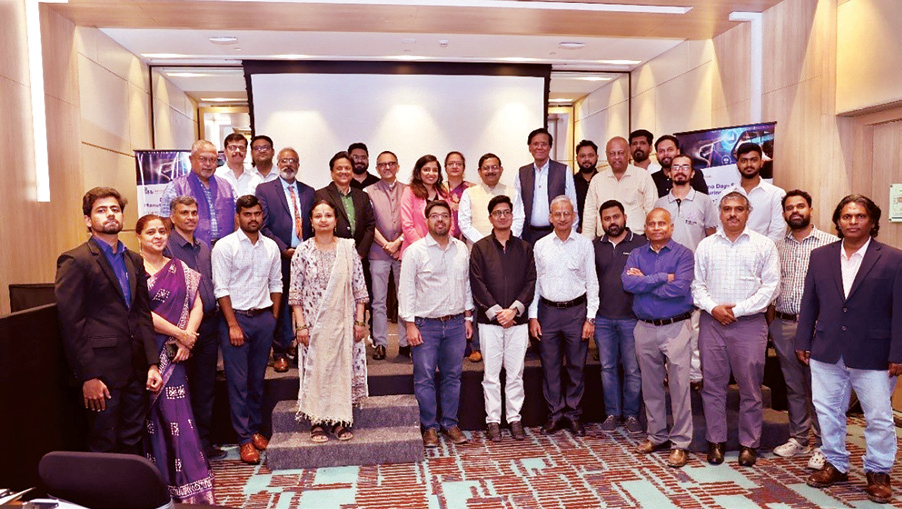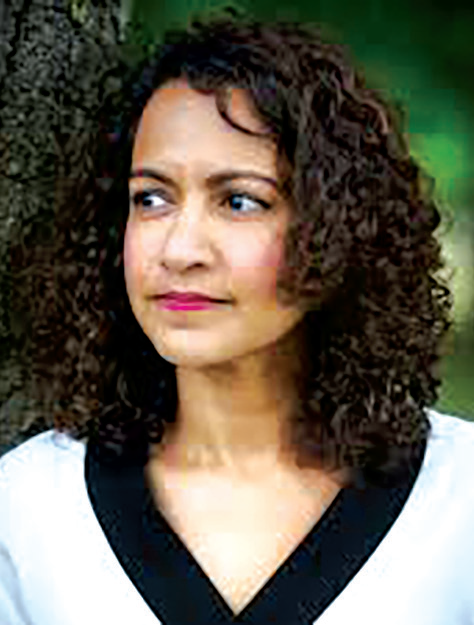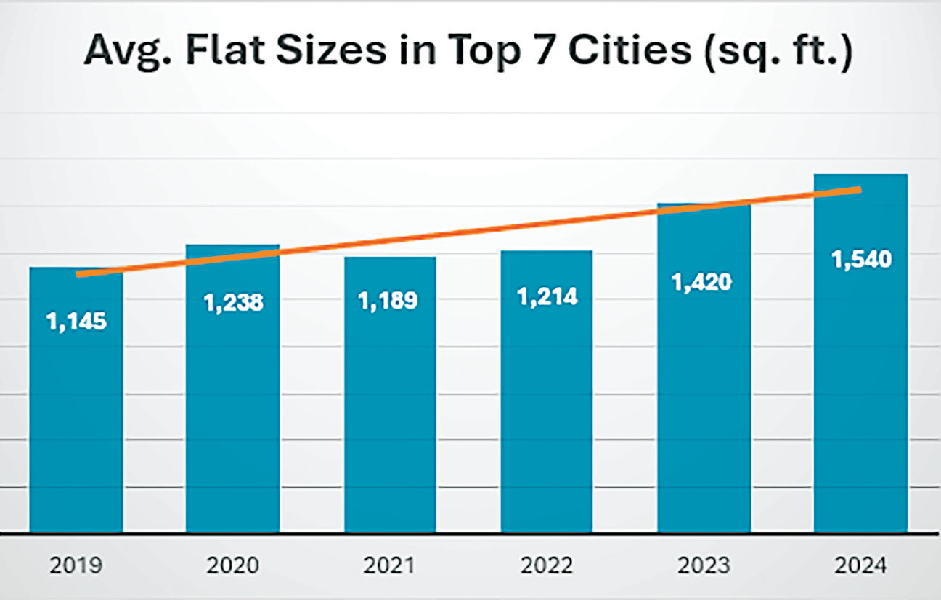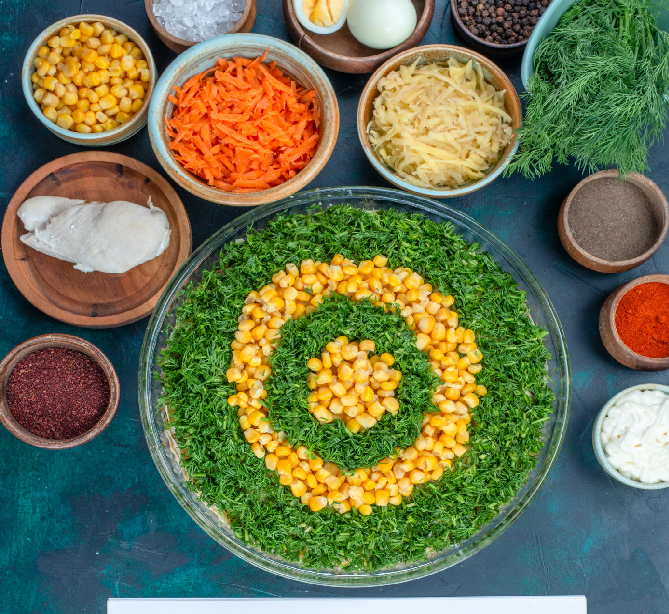
HEALING THE RUPTURED SOUL OF THE SUBCONTINENT
M. A. Siraj
India gained Independence in 1947 but the celebrations were smudged by the Partition of the British-ruled subcontinent into India and Pakistan. The British divided the country in deference to the wishes of Muslims from the Muslim majority provinces who yearned for a Muslim Homeland. However, the flag-bearer for the cause was Mohammed Ali Jinnah, a member of the Khoja community and a leading lawyer from Mumbai, who had led the Muslim League and hardly ever practiced Islam. Even as Jawaharlal Nehru was delivering the famous
‘Tryst with destiny’ speech in the Indian Parliament in Delhi, Mahatma Gandhi was dousing the communal fire in Noakhali in Bengal which eventually became part of East Pakistan, prior to its turning Bangladesh in 1971. Trains, hundreds of them, dripping with blood of Hindu and Muslim corpses crossed the bridge on Ravi between Lahore and Amritsar for days without end.
The Partition witnessed perhaps the largest transfer of population in human history with nearly 14 million people crossing the border. Between 2.3 and 3.2 million people went missing during the process. It is guessed about two million of them died leaving no clue of themselves for the survivors from the families. About 15 million others were displaced.
Many women were abducted. Several were rejoined with their families with the help of NGOs that worked for restoring peace and sanity on the two sides of the new border. The two books under review sketch the pain the Partition inflicted on the individuals, the society, and the long shadow it casts on the Hindu-Muslim relationship in the subcontinent.
Mallika Ahluwalia’s Divided by Partition, United by Resilience: 21 Inspirational Stories from 1947 has assiduously penned accounts of 21 prominent individuals in India who crossed over from Pakistan (divided by Partition) and built their lives from scratch (united by resilience) having arrived penniless. These include former Prime Minister Dr. Manmohan Singh, Mr. L. K. Advani, journalist Kuldip Nayar and writer Ajeet Caur; artists & Artistes Kishen Lal Khanna, Gulzar, Anjolie Ela Menon, Satish Gujral, sportsman Milkha Singh, Jurist Ram Jethmalani, former CM of Delhi Late M. L. Khorana, Dalit litterateur Manoranjan Beopari, MDH Masala owner and billionaire Dharampal Gulati, Filmmaker Govind Nihalani among several others. Mallika is the chief curator of the Partition Museum in Amritsar.
The second book is Scars of 1947: The real Partition Stories is by Congress MP Rajeev Shukla who dissects the grievous wounds the Partition left on the psyche of the Hindus and Muslims who had lived together for a millennia. He goes into dissecting the role of religion in turning the humans into beasts and what the lethal mix of religion and politics can do to turn the society into a mob baying for the blood of the neighbours.
Yet all was not lost. There were umpteen souls that wistfully remembered the good old days passed in each other’s company jointly celebrating Holi, Diwali and Eid. Economist Dr. Manmohan Singh, born in Chakwal, schooled in Peshawar, came to Haldwani in Uttar Pradesh.
He had lost his mother in early years of childhood. His grandfather was killed in the mayhem that followed the Partition. He did his BA from Hindu College in Amritsar, MA from Panjab University and went on to study for PhD at Oxford, often skipping meals for not having any money with him. He became the main architect of India’s economic renaissance in 1991 under the leadership of Prime Minister Narasimha Rao. He ultimately led India as the Prime Minister between 2004 and 2014.
These accounts come from Mallika Ahluwalia. Rajeev Shukla says, he never developed any hatred for Pakistanis in general and Muslims in particular, despite what had happened to his family when the British heartlessly separated millions who had lived together for generations.
That Pakistani economist Mahbubul Haq was Dr. Manmohan Singh’s staunchest buddy at the World Bank further testifies how mutual friendships transcended the barriers of faith. BJP stalwart Lal Kishen Advani left Karachi on September 12, 1947 by air and settled in Mandla in Kutch. He vividly remembers his days in Sindh where Hindu spiritual leader Lal Krishna and Muslim sufi Shahbaz Qalandar were revered by both Hindus and Muslims.
Long after Partition, Advani’s sister- in-law regularly visited Pakistan to pay obeisance at the dargah of Sain Nasir Faqir. Advani started his career in the RSS in Alwar in 1947 and ascended rungs of political leadership to ultimately occupy the position of Deputy Prime Minister.
According to Shukla, there were people on either side who cherished the memories of the communal bonhomie and harboured a desire to visit their former abodes and town. Mallika’s account of Milkha Singh corroborates the fact.
 English daily published in Bengaluru & Doha
English daily published in Bengaluru & Doha






